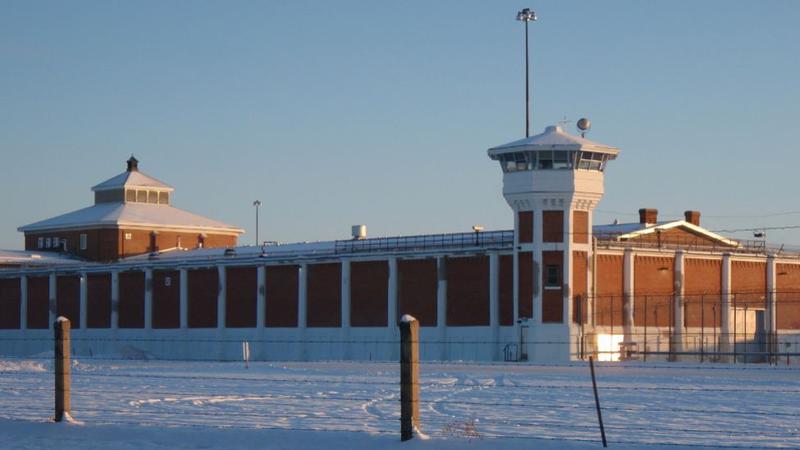
Coroner’s inquest results in eight recommendations to prevent inmate deaths at Sask Pen.
Additional mental health supports at Saskatchewan Penitentiary, a review of policies related to prescription medications to mitigate diversions, and overall facility upgrades were among the final eight recommendations by a jury at a coroner’s inquest in Prince Albert.
In late February 2020, 27-year-old Curtis McKenzie was found hanging from his cell door, and was pronounced deceased in hospital two weeks later. Meagan Ward represented the family at the inquest and feels the recommendations were thoroughly thought out.
“We all know that mental health continues to be an ongoing concern for [Correctional Service Canada] and something everyone struggles to deal with, so it’s good to see the jury taking that seriously,” she said.
 Curtis McKenzie’s history of depression and self harm was discussed in great detail during this week’s inquest. (Facebook)
Curtis McKenzie’s history of depression and self harm was discussed in great detail during this week’s inquest. (Facebook)

